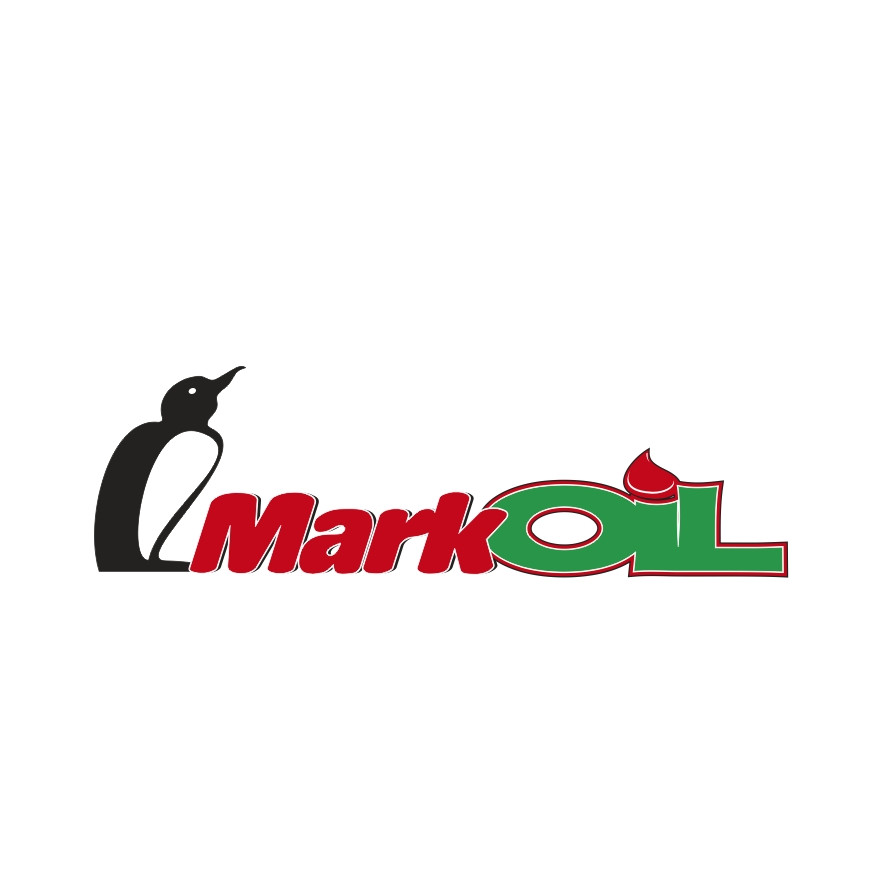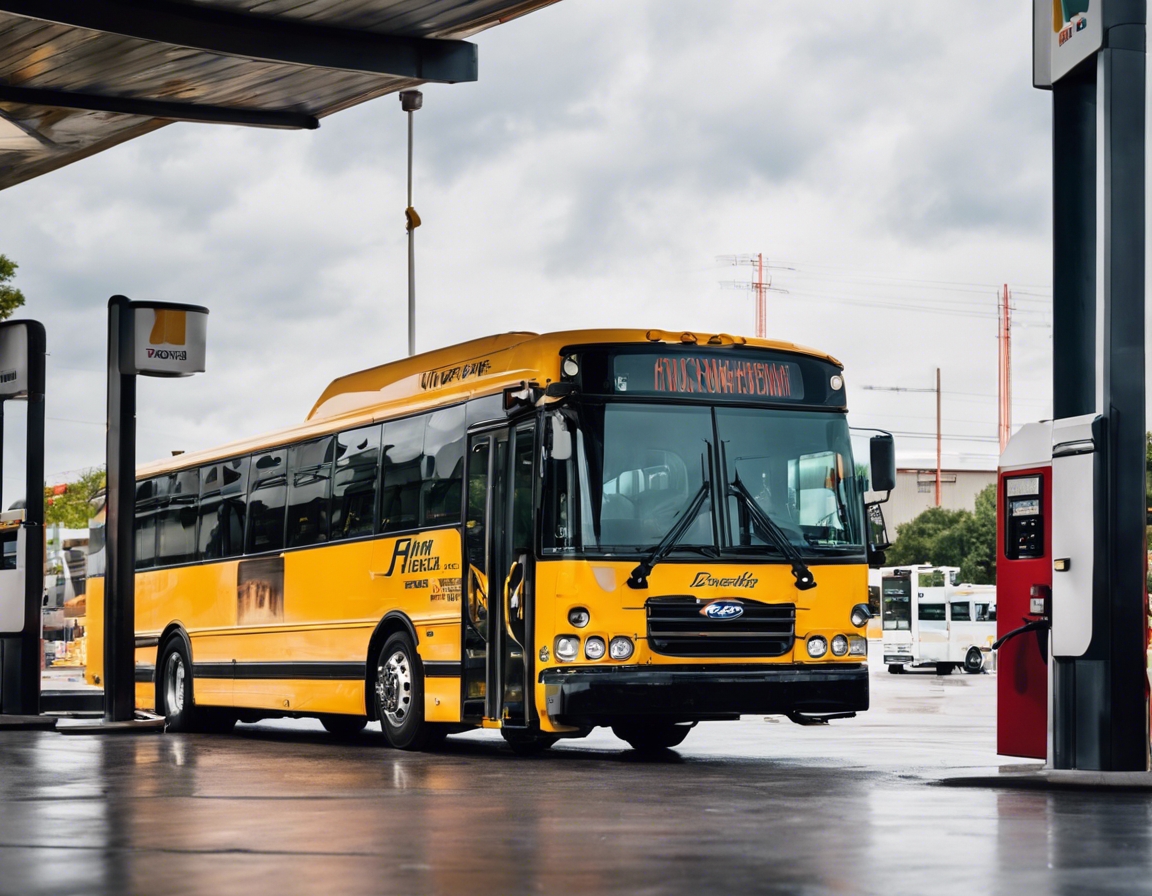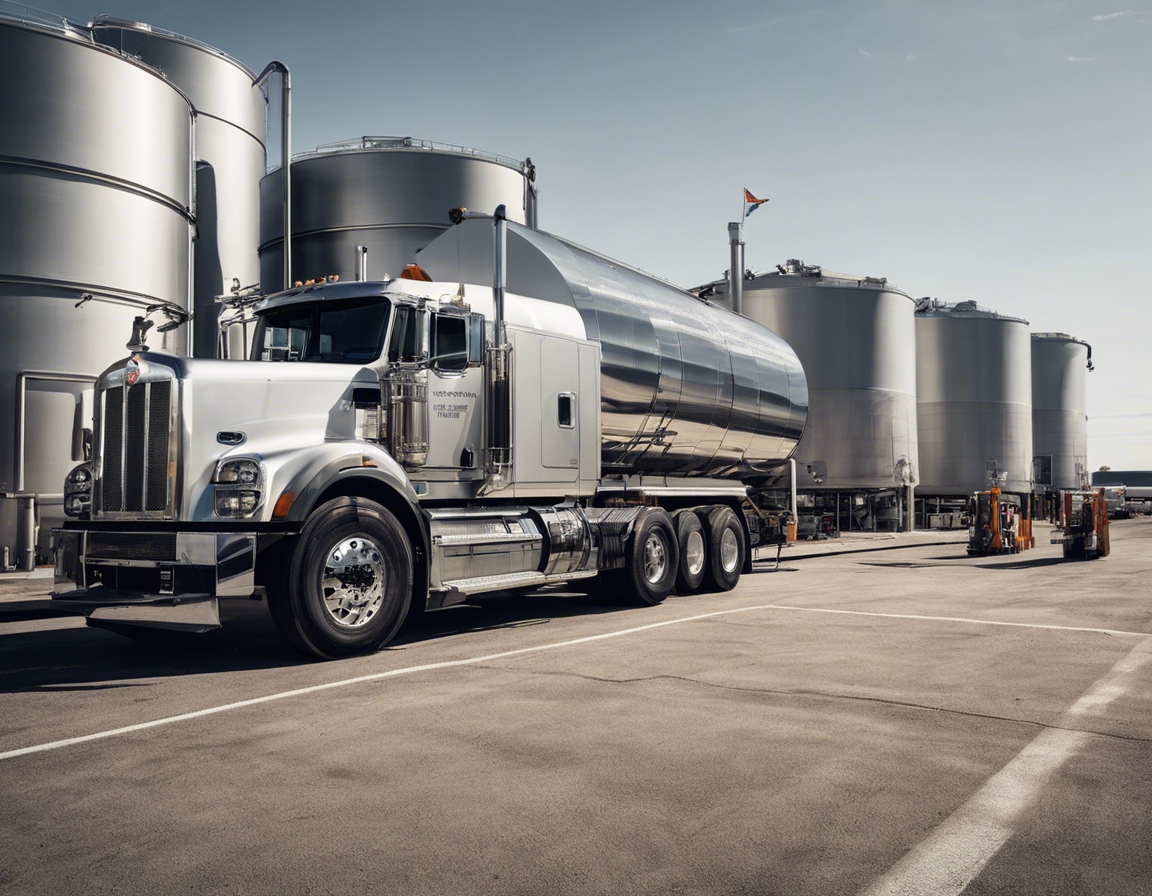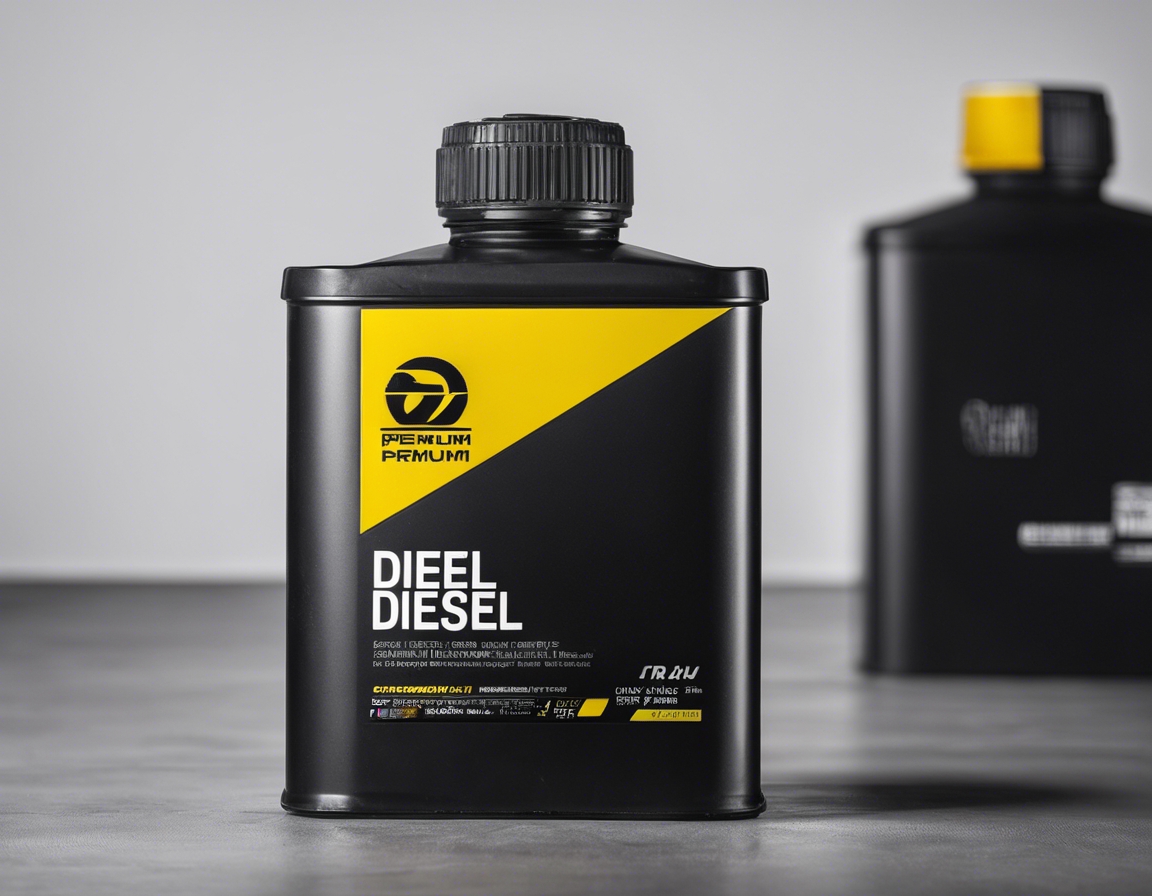How to maximize your fuel efficiency: tips and tricks
Fuel efficiency is a critical factor for vehicle owners, transportation companies, and industries that rely on bulk fuel supplies. Not only does it have a significant impact on the environment, but it also affects operational costs and the bottom line. In this post, we'll explore various tips and tricks to help you maximize your fuel efficiency.
Understanding Fuel Efficiency
Fuel efficiency, simply put, is the measure of how well a vehicle uses fuel. It's often expressed in miles per gallon (MPG) or liters per 100 kilometers (L/100km). The higher the MPG or the lower the L/100km, the more efficient the vehicle is.
Improving fuel efficiency is essential for several reasons. It reduces fuel costs, minimizes environmental impact, and conserves resources. For businesses, it can lead to significant savings and a competitive edge in the market.
Driving Habits for Better Fuel Economy
One of the easiest ways to improve fuel efficiency is by maintaining a steady speed. Avoiding rapid acceleration and deceleration can save fuel and reduce wear and tear on your vehicle.
Smooth acceleration and braking are not only safer but also more fuel-efficient. Anticipate traffic flow and adjust your driving accordingly to avoid unnecessary fuel consumption.
Using cruise control on highways helps maintain a constant speed, which can improve fuel efficiency, especially on long trips.
Idling for long periods can waste a significant amount of fuel. Turn off your engine when you're waiting for more than a minute.
Vehicle Maintenance and Upkeep
Regular engine maintenance ensures that your vehicle is running at peak efficiency. This includes checking spark plugs, air filters, and fuel filters.
Properly inflated tires reduce rolling resistance and improve fuel economy. Check your tire pressure regularly and keep them inflated to the manufacturer's recommended level.
Using the manufacturer's recommended grade of motor oil can improve your fuel efficiency by 1-2%.
Extra weight can significantly decrease fuel efficiency. Remove unnecessary items from your vehicle to keep it as light as possible.
Smart Fuel Practices
Using the correct grade of fuel for your vehicle is essential for maintaining its efficiency. Higher octane fuels are not always better; follow your vehicle manufacturer's recommendations.
Planning your routes to avoid heavy traffic and taking the shortest path can save fuel. Consider using GPS or route planning apps to find the most efficient way to your destination.
Fueling up during the cooler parts of the day or in the evening can result in getting more fuel for your money due to fuel density.
Technological Aids for Fuel Efficiency
There are various apps and devices available that can help monitor your driving habits and provide tips for improving fuel efficiency.
When it's time to replace your vehicle, consider a model that is known for its fuel efficiency. This can lead to long-term savings and a smaller carbon footprint.
Eco-Friendly Driving and Its Impact
By using less fuel, we can reduce greenhouse gas emissions and pollution, contributing to a cleaner and healthier environment.
Maximizing fuel efficiency can lead to substantial economic benefits, including lower fuel costs and reduced vehicle maintenance over time.







Comments (0)